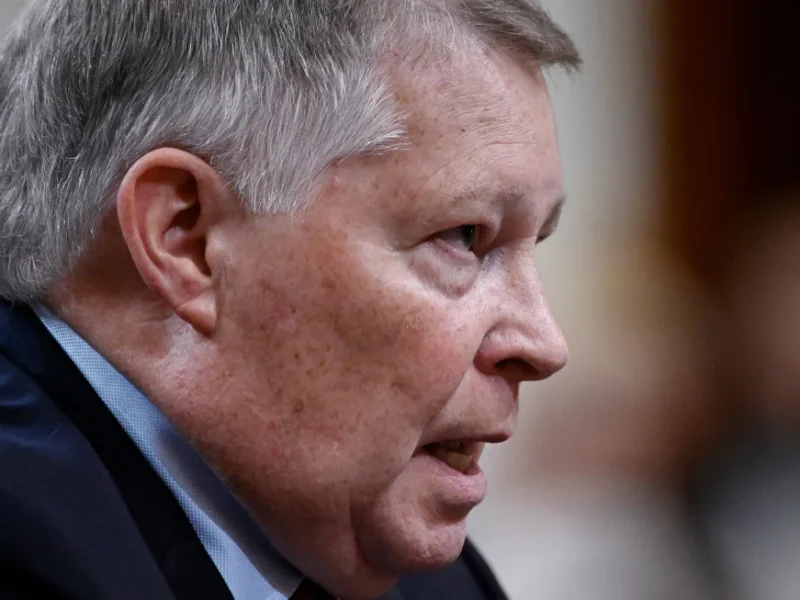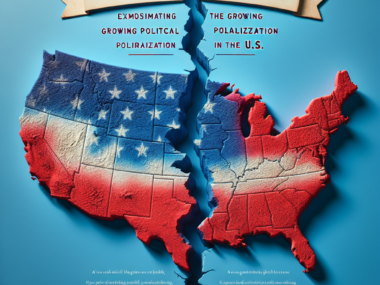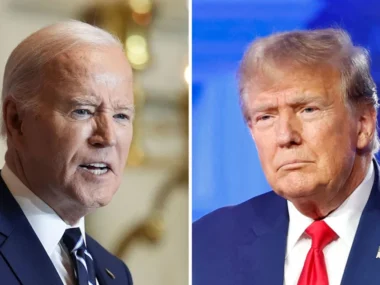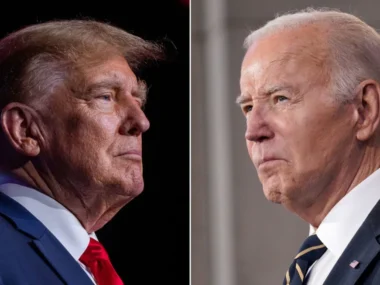A former conservative federal appellate judge, J. Michael Luttig, is urging the Supreme Court to prevent Donald Trump from appearing on the ballot, arguing that Trump’s efforts to retain power after losing the 2020 election were more extensive than South Carolina’s secession from the United States, which triggered the Civil War.
Luttig asserts that “Mr. Trump tried to prevent the newly-elected President Biden from governing anywhere in the United States.” He argues that Trump’s actions amounted to an armed insurrection against the Constitution’s core principles of a peaceful transfer of power, thus disqualifying him under Section 3 of the Constitution.
Luttig, a prominent conservative, has consistently maintained that Trump engaged in insurrection following his 2020 election loss and should be barred from holding office. He played a pivotal role in the dispute over the certification of the 2020 presidential election by providing legal arguments through tweets to support then-Vice President Mike Pence’s resistance to Trump’s attempts to overturn the election.
The U.S. Supreme Court recently agreed to review the Colorado Supreme Court’s unprecedented decision that removed Trump from the state’s 2024 ballot. The Colorado court’s 4-3 ruling stated that Trump’s conduct on January 6, 2021, fell under the 14th Amendment’s prohibition on insurrectionists holding office.
The brief submitted on Monday, on behalf of several prominent lawyers, including conservative attorney George Conway, urges the Supreme Court to interpret the issue through a textualist perspective, focusing on the words of the disputed constitutional provision. They argue that Section 3 should be interpreted broadly in light of its historical context and that enforcement should not be limited to Congress but also within the jurisdiction of the courts.
The brief also challenges Trump’s argument that the 14th Amendment’s “insurrectionist ban” can only be enforced by Congress after a candidate is elected, asserting that courts should play a role in its enforcement to ensure voters can make informed decisions. They argue that a narrow interpretation would lead to uncertainty and chaos, as courts would need to determine a President’s disqualification simultaneously with their assumption of office, affecting critical decision-making and governance.











